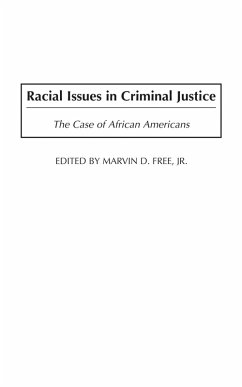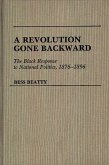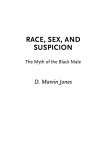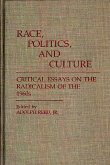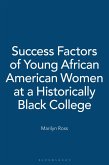Almost a third of all African American men in their twenties in the United States are in jail or prison, or on probation or parole. African Americans, who comprise approximately 13% of the general population, make up about half of the prison population. Between 1980 and 2000, 38 states added more African American men to their prison systems than were added to their respective systems of higher education. However, these statistics fail to tell the entire story. To understand how the dynamics of disproportionate minority confinement came to exist, one must examine the historical and cultural antecedents that affected (and continue to affect) this group. Examining proposed solutions and providing alternative perspectives, this volume addresses the overrepresentation of African Americans in the criminal justice system by critically examining the significance of race in American society and criminal justice responses to crime and African Americans.
Offering a critical examination of the issues, this collection begins with a discussion of the marginalization of African Americans in the academic discipline of criminal justice and in the larger society, an assessment of the impact of the legacy of slavery on private prisons and mass imprisonment, and an empirical examination of the depiction of African Americans in prime-time television crime programs. Part II looks at racial profiling, the underrepresentation of African Americans in hate crime victimization research, the impact of race on presentencing, the trend toward trying juveniles in adult court, and the discriminatory treatment of African Americans in capital-eligible cases. Finally, Part III discusses the impact of African American police officers on the profession, analyzes black juror nullification, proposes an increase in the presence of African American jurors, and assesses the potential ameliorative impact of restorative justice on the current racial imbalance in the criminal justice system.
Offering a critical examination of the issues, this collection begins with a discussion of the marginalization of African Americans in the academic discipline of criminal justice and in the larger society, an assessment of the impact of the legacy of slavery on private prisons and mass imprisonment, and an empirical examination of the depiction of African Americans in prime-time television crime programs. Part II looks at racial profiling, the underrepresentation of African Americans in hate crime victimization research, the impact of race on presentencing, the trend toward trying juveniles in adult court, and the discriminatory treatment of African Americans in capital-eligible cases. Finally, Part III discusses the impact of African American police officers on the profession, analyzes black juror nullification, proposes an increase in the presence of African American jurors, and assesses the potential ameliorative impact of restorative justice on the current racial imbalance in the criminal justice system.

